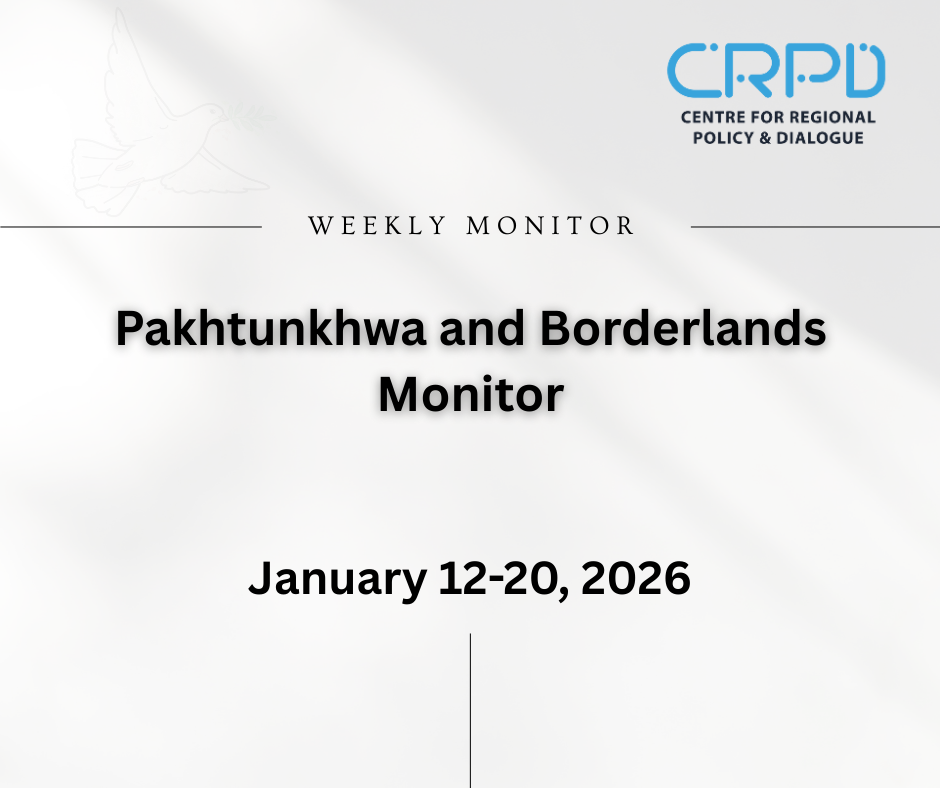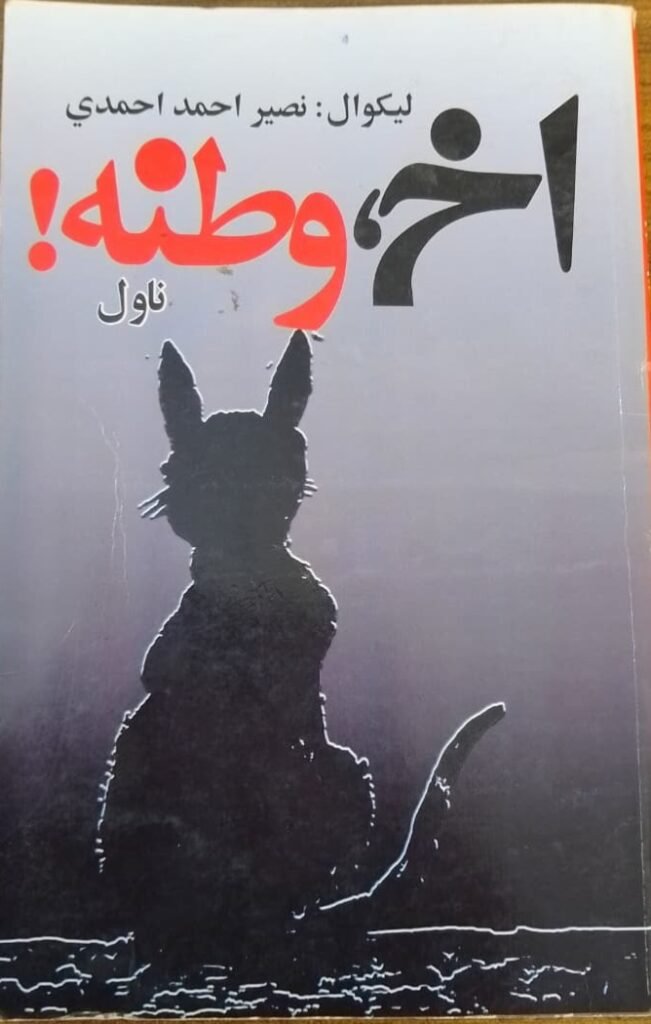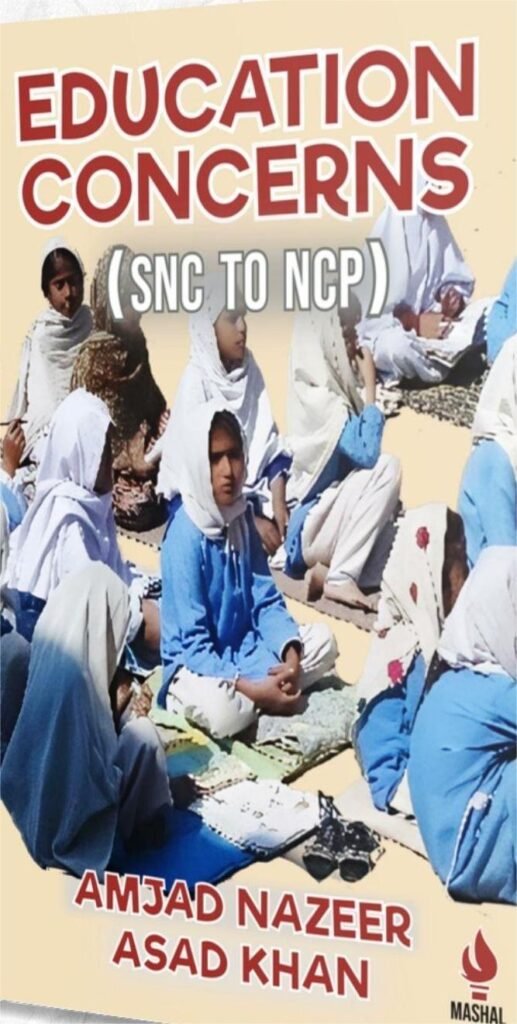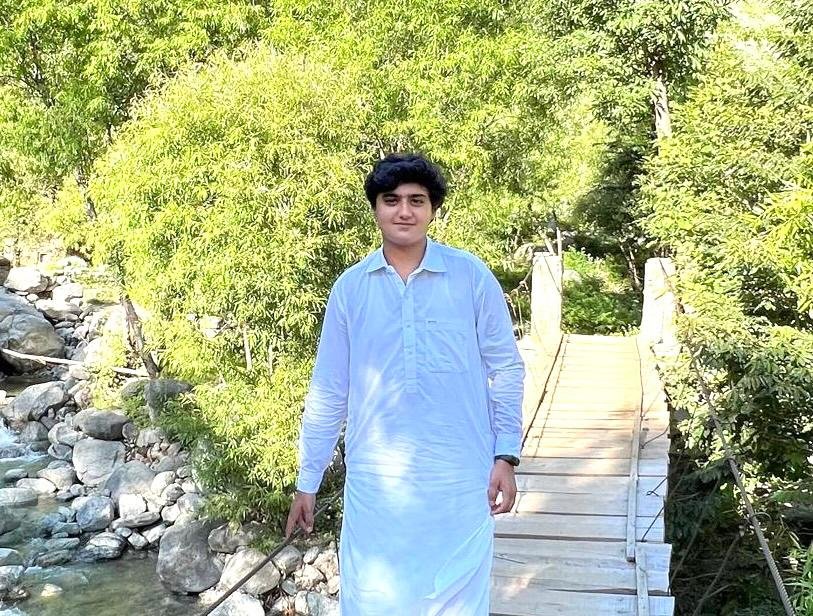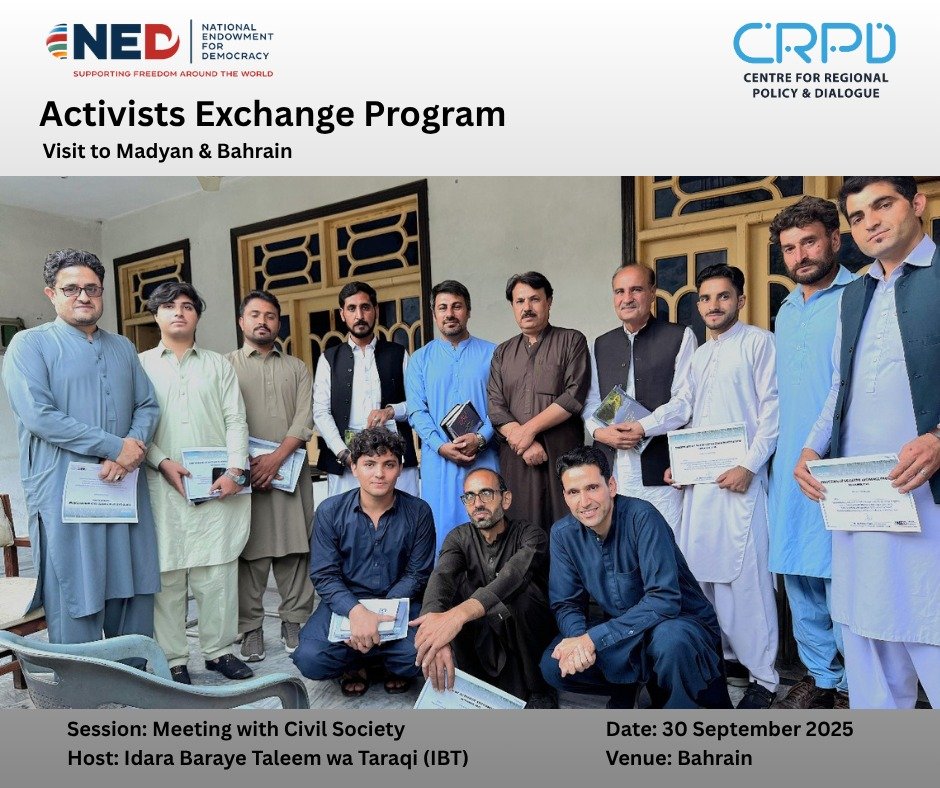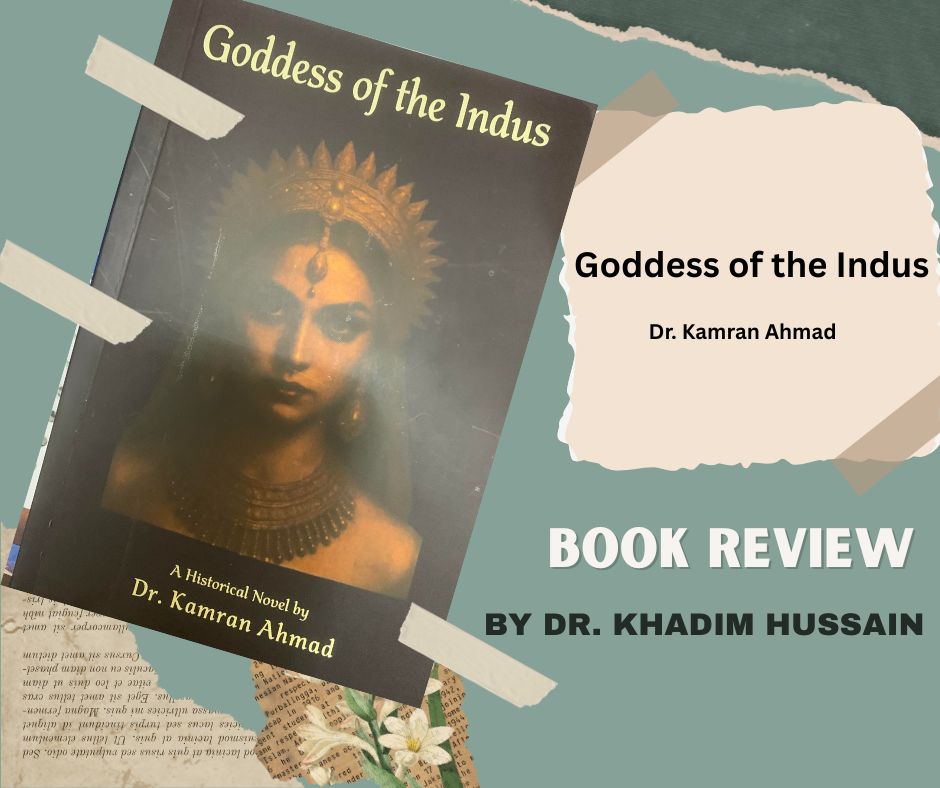By Muhammad Umair Yousafzai
The author of the article on ‘Bacha Khan’, Dr Wiqar Ali Shah, has been working at Quaid-e-Azam University Islamabad as chairman of history Department. Syed Wiqar Ali Shah has done his PhD thesis on political and social contribution of Bacha Khan. The author in this article explores several dimensions of Bacha Khan’s struggle against the British raj and his role for political development of the Pakhtun belt. The author also wants to encourage younger generation of researchers to build on the present work for exploring more avenues of the field.
Some of the important topics the author explores in this article are as follows:
- The role of Pakhtun belt in shaping and reshaping the political scenario of the sub-continent before partition.
- The role of Bacha Khan in pre- partition era for the political mobilization of the Pakhtuns.
- The emergence of nonviolence philosophy in Pakhtun communities.
- Khan Abdul Ghaffar Khan and their politics.
- Formation of Anjuman-I-Islah-ul-Afghana.
- Formation of Khudai Khidmatghar movement.
- The political path of the Khudai Khidmatghar Movement.
- The frontier and partition.
Khan Abdul Ghaffar Khan aka Bacha Khan was born in 1890 at Umtanzai village of district Charsada, the present Khyber Pakhtunkhwa province of Balochistan. He was known as Bacha Khan among Pakhtuns for his service, humanity and simplicity. He was known in India as frontier Gandhi because of his close association with great Mahatama Gandhi and the All India Congress. It should also be noted here that in international community he was famous for his nonviolent philosophy but in Pakistan he was considered as Pakhtun nationalist.
According to this article Bacha Khan was a great leader of Pakistan and particularly of Pakhtuns. He launched Anjuman-i-Islah-Ul-Afaaghana in 1921 as a social and educational organization. The basic aim of the organization was to eradicate tribal feuds among Pakhtuns and to establish Azad madras to make the Pakhtuns educated.
After the reformation, Bacha Khan inspired the people of the then NWFP to struggle for their fundamental right of freedom from the British raj. In 1929 in the village of Utmanzai of district Charsada, Bacha Khan founded an organization called the Khudai Khidmatghar Tehreek. This freedom movement was based on nonviolent philosophy. It is also to be noted here that Khudai Khidmatgar followed the non-violent philosophy which was based on Islamic tradition as well as Pakhtun tribal code Pakhtunwali.
Bacha Khan was much closed to Mahatama Gandhi and All-India Congress and never accepted the partition plan due to several reasons. He considered this plan as the partition of Indian Muslims. Bacha Khan accepted Pakistan as his homeland and took oath in the Constituent Assembly of Pakistan in 1948 but he was still considered a traitor in different segments of Pakistani society. He is also considered as a hero of freedom movement and a great social reformer in Pakistan, Afghanistan and India.The author has also explored the differences between Khudai Khidmatghar and All-India Muslim League as well as the differences between Muhammad Ali Jinnah and Khan Abdul Ghaffar Khan during the struggle for the freedom of the Indian Sub-continent.
I would like to recommend this article on Bacha Khan written by Dr Wiqar Ali Shah to all students of politics and history reading in the universities of Pakistan.
Links of some articles on Bacha Khan’s role and the Khudai Khidmatgar Movement:
- Women and Politics in the North West Frontier Province (1930-1947)
http://www.nihcr.edu.pk/Latest_English_Journal/Pjhc%2019-1,%201998/5-Syed-Wiqar-Ali-Shah0001.pdf
- Bacha Khan and Non-violence
- Bacha Khan: A shared hero of the sub-continent
- Why Pakistan must never forget Bacha Kham, its unsung hero.
